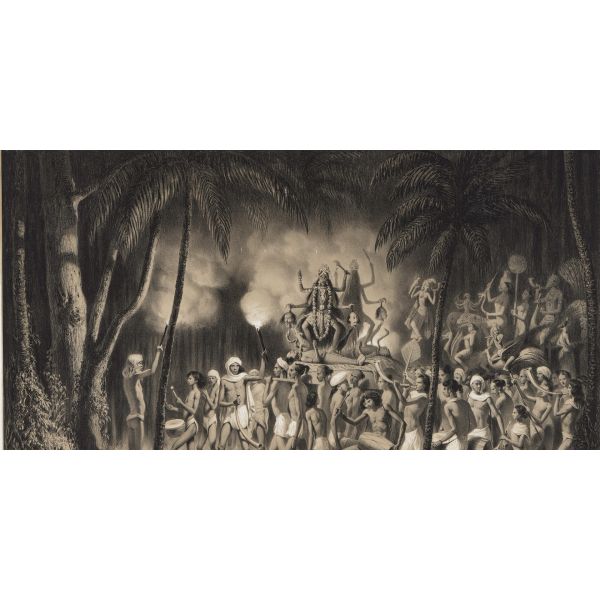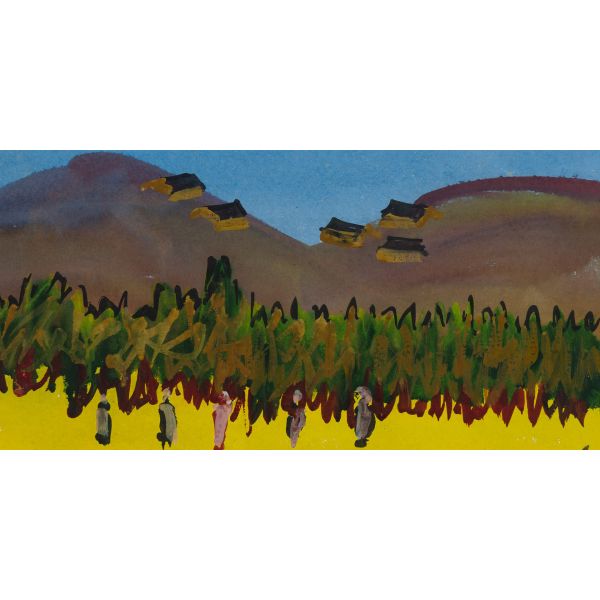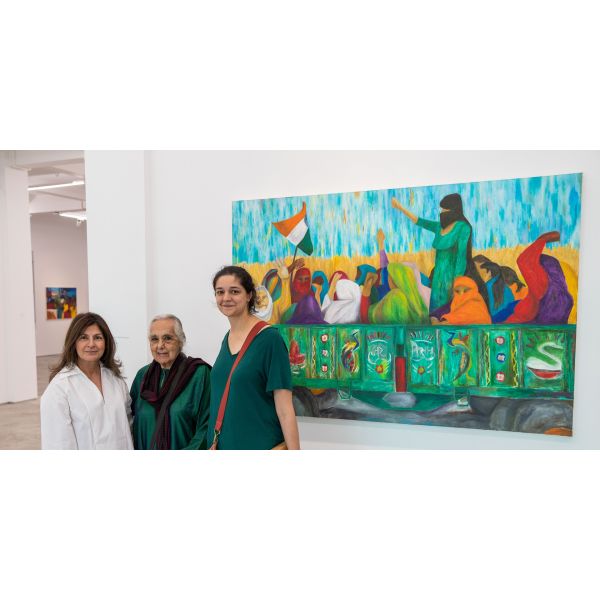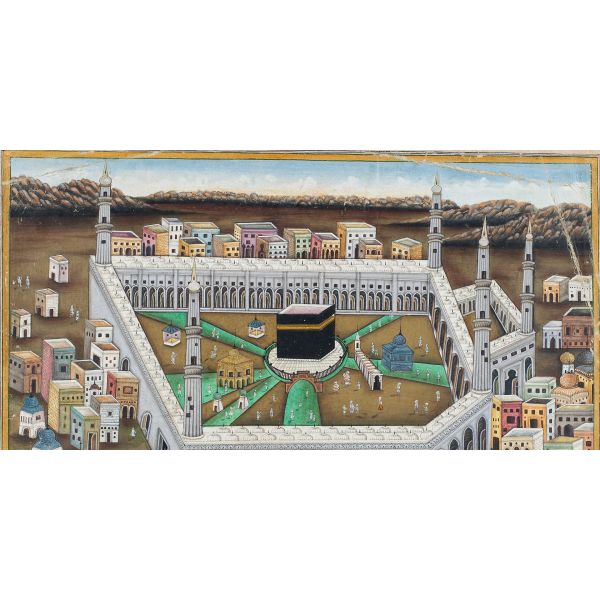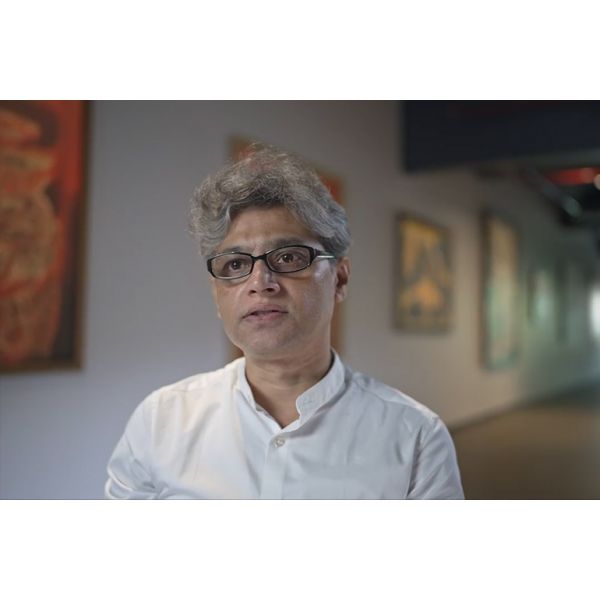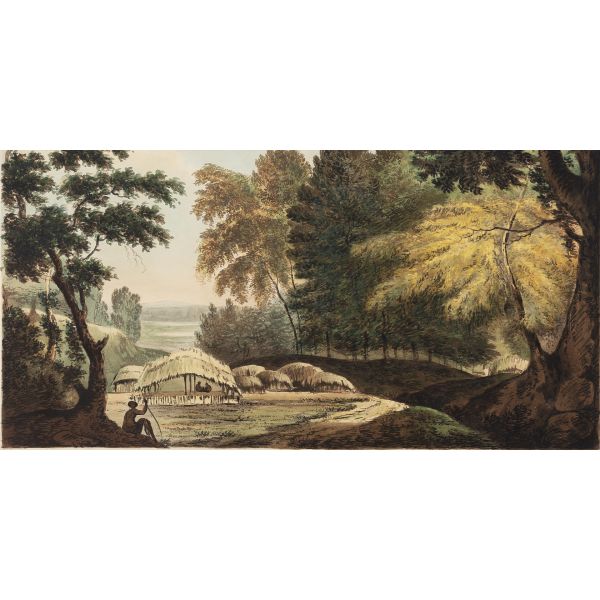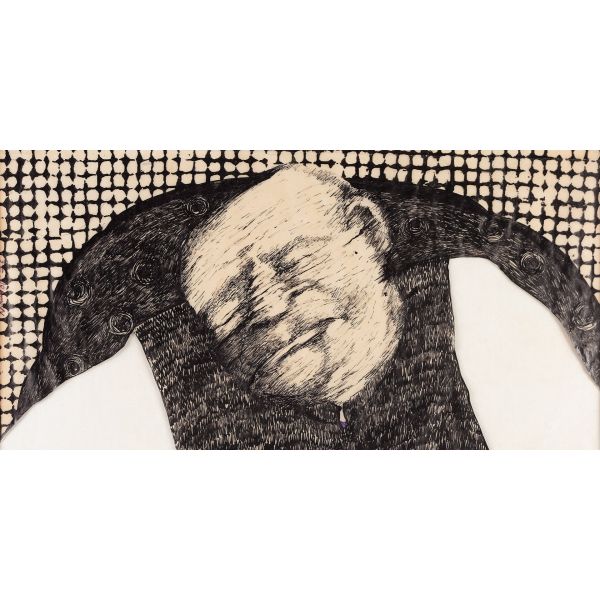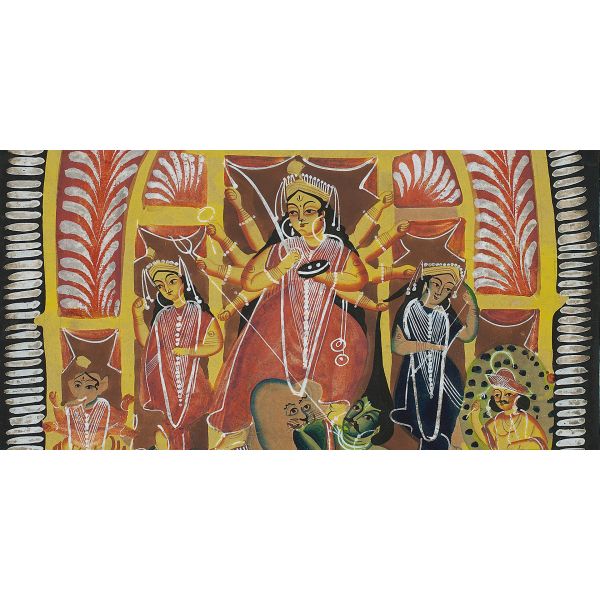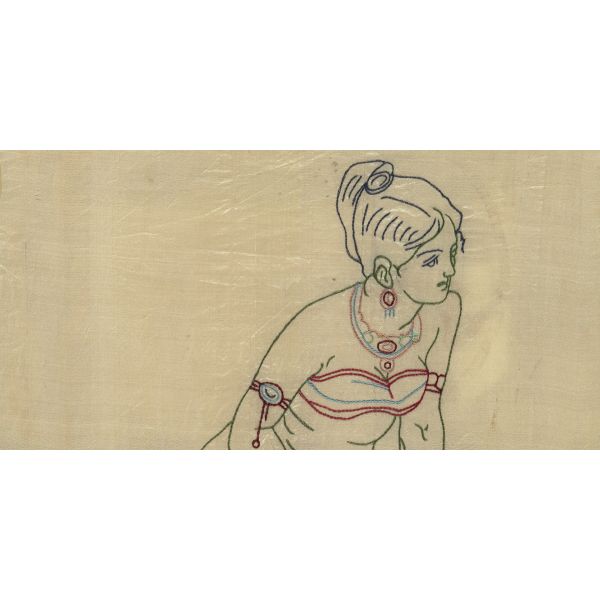Search results for: 'Mumtaz J A Khan'
-
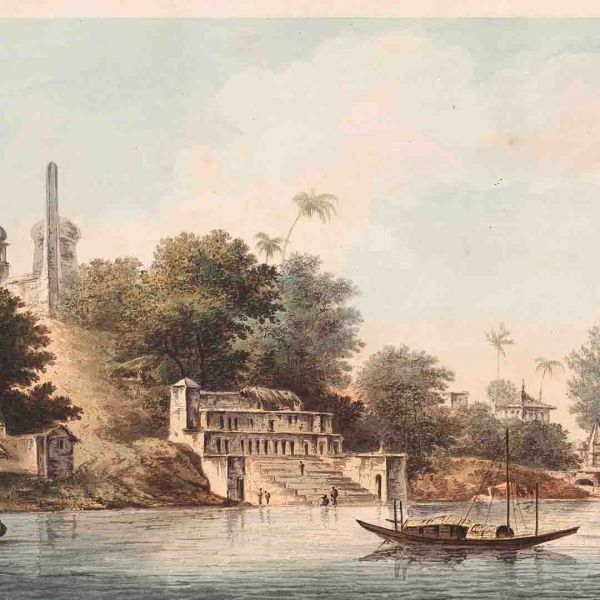 ExhibitionsWilliam Hodges & the Prospect of IndiaAs low as $1.00
ExhibitionsWilliam Hodges & the Prospect of IndiaAs low as $1.00William Hodges (1744-97) was a pioneer in more ways than one. He was the first British landscape painter to visit India, and to portray scenery across the whole breadth of the Gangetic plain. As a writer, he gave the first detailed descriptions of numerous historic Indian buildings, and he theorised about the origins and evolution of Indian architectural design. His art illustrates his exploration into terrain which—in its breadth and scope—was at the time almost as unfamiliar to Indian as to Western eyes.
Learn More -
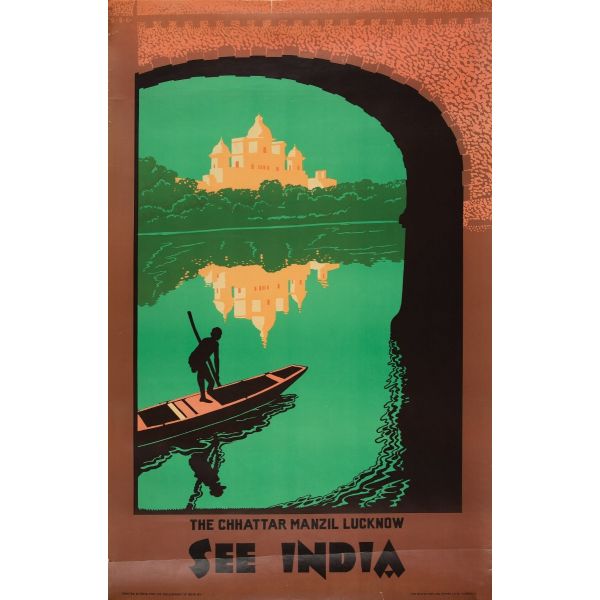 Events and ProgrammesFont, Form, Function$1.00
Events and ProgrammesFont, Form, Function$1.00A workshop on typography and the art of font-making, facilitated by Diptanshu Roy, Creative Director (Wunderman Thompson) and Musician, inspired by the poster art of early 20th century.
Learn More



